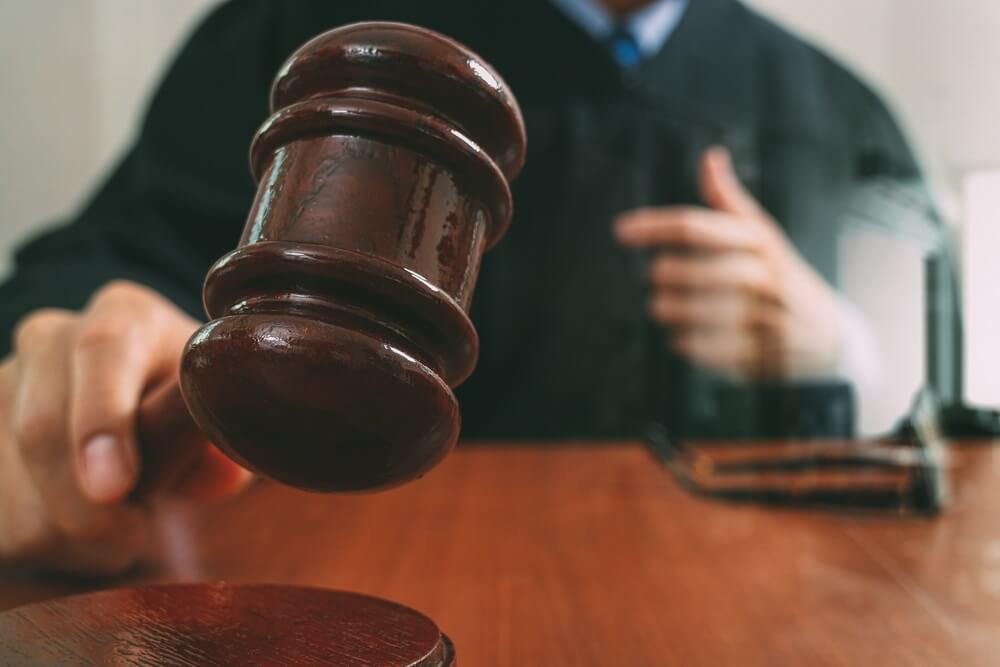Nebraska lawmakers are, for the first time, considering four pieces of legislature relating to the blockchain and cryptocurrencies.
The four measures, introduced by two senators, are being considered by three committees, according to a report from the Omaha World Herald. Sen. Carol Blood of Bellevue, who offered three of the bills, sees the measures as a way of boosting the nascent industry, adding:
We want to have it in state statute that we embrace this technology. We can start a boom here in Nebraska without a tax credit, without tax-increment financing, without a grant.
LB 691, or the Nebraska Virtual Currency Money Laundering Act, would penalise those who knowingly commit illegal acts using cryptocurrency. LB 694 would prohibit cities and counties from taxing or regulating distributed ledger technology. Whereas, LB 695 would make smart contracts enforceable.
Sen. Paul Schumacher of Columbus, who offered the remaining measure, did so as a way of getting lawmakers to start thinking about the technology and the potential it holds. He said:
It is a fascinating subject and just maybe an opportunity for the state to be at the leading edge, instead of where we usually are and that’s at the tail’s end.
Schumacher’s bill, LB 987 would require a license for some blockchain-related business transactions.
For many in Nebraska, the development of the blockchain is similar to the early days of the Internet. According to Mike Echternacht, an attorney who works with the tech startup Embermine of Lincoln, the technology is ‘a growth industry that has broad implications for trade, agriculture, technology development, government and more.’
Embermine is creating a way for artists and other creatives to come together and distribute their work using smart contracts.
However, for some lawmakers the main hurdle is getting their head around the idea of something unfamiliar. Sen. Laura Ebke of Crete, who chairs the Judiciary Committee, said she doesn’t know what committee members might do with the two bills that went to that committee ‘because I don’t think most people understand it,’ the report said.
